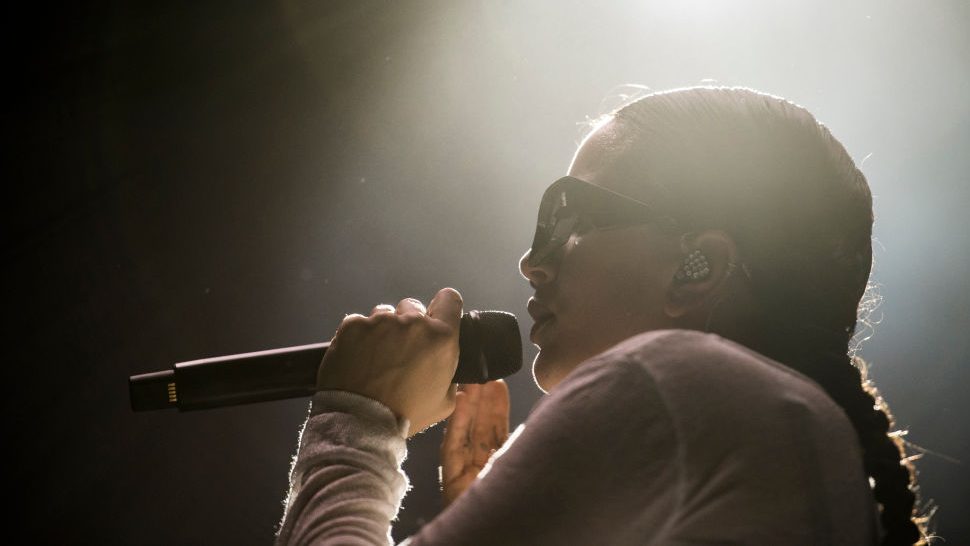
Why Rosalía’s ‘R4’ Album Delay Is Exactly What Music Needs
Unrushed and unapologetic, the Motomami's vision resists an industry in overdrive
At a time when music seems to move faster than it sounds, Rosalía’s extended artistic silence after Motomami is not an absence—it’s an act of resistance. Her fourth album, tentatively known as R4, still has no official release date, but every small clue—from rehearsals with a choir in Montserrat to cryptic symbols on social media—reinforces the idea that this wait is about more than perfectionism. It’s a conscious commitment to time, care, and depth.
Rosalía has said it many times: she refuses to conform to the industry’s pace. “I don’t want my music to be shaped by the current fast-paced rhythm of production. Consumption is very intense and a lot of music is made in a rush. I don’t feel comfortable working that way. I need my own pace to deliver something meaningful and honest,” she said in an interview. She’s also spoken of music as something that “has to simmer slowly,” a phrase that, beyond the poetic image, defines her creative method: making music without the pressure of feeding algorithms.
While the industry remains stuck in an endless production loop—with artists dropping singles every other week and albums at a pace that would be considered unsustainable in any other field (which isn’t necessarily bad either; it’s simply evidence of the acceleration of music, increasingly tied to the workings and optimization of algorithms and success on social media)—Rosalía is taking her time.
And that matters. Not just because, as her previous work shows, taking space allows her to experiment with sound, concept, and visual strategy, but because her approach might open a path for other artists who also want to step off the high-speed conveyor belt.
Building the Narrative of R4: Mysticism, Symbols, and Emotional Rebirth
On the road to R4, every move has been part of the narrative. From her nearly mystical trips to Montserrat—where she’s been seen with a choir—to the repeated use of specific symbols (flowers, religious imagery, handwritten notes), Rosalía is shaping an aesthetic that’s already telling a story.
Many fans see this phase as an emotional transition after an important breakup, something of a “mourning era,” but also the beginning of a creative rebirth. Guitarist Alfredo Lagos, a longtime collaborator since Los Ángeles (2017), recently told HuffPost that she’s “working on returning to flamenco,” and emphasized that “she’s never lost respect for the cante,” even in her most experimental phases.
All signs point to a full-bodied project—conceptual, emotional—like El Mal Querer was, but with a different kind of maturity. And that kind of ambition can’t be rushed. In an industry that produces music for the immediacy of a scroll, Rosalía defends the pause as part of the creative process. It’s not just about authenticity—it’s about protecting quality, letting songs breathe instead of being suffocated by urgency.
The market, of course, has its rules. But Rosalía’s delay shows there’s still room for different timelines. That some artists’ relevance isn’t about how often they release—but how deeply their work resonates. Her silence, her clues, her absence—they work as a statement.
R4 will come when it’s ready.